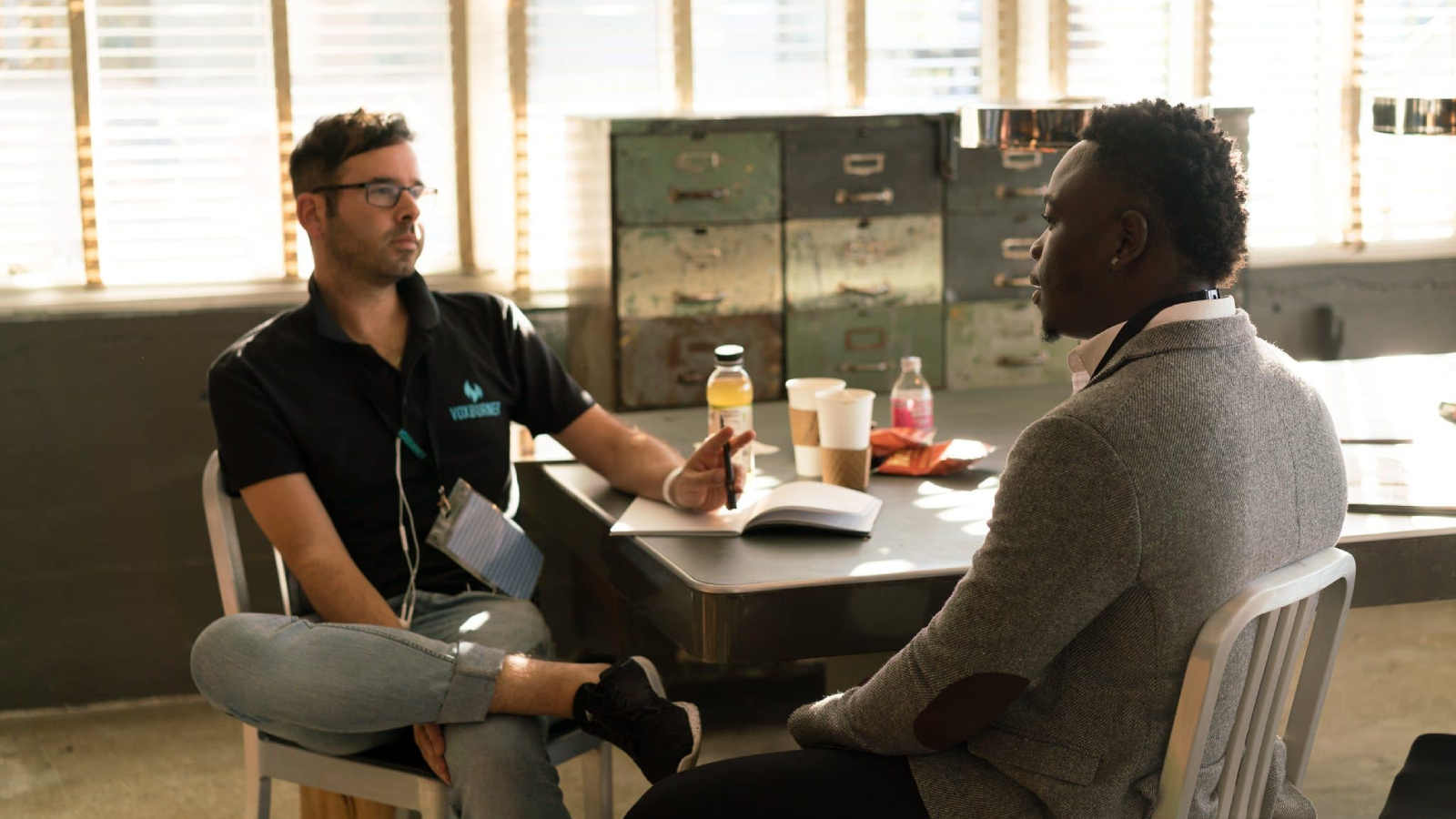In 2015 in the United States, millennials outnumbered Baby Boomers 75.4 million to 74.9 million. The gap is clearly widening more rapidly, as noted in Richard Fry’s report, Millennials have overtaken Baby Boomers as America’s largest generation.
Given the rapid change in consumer demographics, marketing gurus have a lot to say about how the business community must continually adapt to remain relevant. In the Human Resource community, attention is given to the changing workforce and the need to understand Millennials and Generation Z (those born in or after 1996). We have addressed that issue on our blog as well (see Millennials in the Workplace – How Should Business Leaders Proceed?). But there are other effects that the business community needs to watch. There is a new political reality that will have much to say about the business community and the world at large. The younger among us are finding their voice, and they are being heard.
A Local Example
A few weeks ago, I attended a Government Affairs Committee meeting at a local Chamber of Commerce. A high school sophomore asked to address the group to seek support of an article he had submitted for the town warrant. The article’s short title is “Bring Your Own Bag Ordinance.” In hoping to restrict the proliferation of single-use plastic bags, he cited burdens on solid waste collection and recycling facilities, clogged storm drainage systems, and millions of barrels of crude oil used for their manufacture. He came well-armed with facts, cited other groups who backed his proposal, and asked the business community to seriously consider his initiative. His knowledge level on this subject far exceeded everyone on the room. He is 15 years old.
The response by many in the room was somewhat muted. For a few it was a bit more than that. One member was concerned that the cost (consumers would have to pay ten cents for each bag requested) would be too big a strain on the business community. The Baby Boomers might have bested the Generation Z member on this initiative at town meeting, but one notion rang true: He wasn’t going to back down, and if defeated, he would be back.
This past weekend, I was asked by a Millennial to attend the Town Democratic Caucus and vote to support her candidacy for the upcoming state Democratic convention. Her two-minute self-endorsement speech was so powerful that speakers who followed alluded to her passion and commitment. At the end of balloting, every Millennial who put their hat in the ring won (and there were more than a few). Other candidates who openly endorsed them (in addition to themselves) also won. The takeaway here was that there is a steady and growing number of young adults who are ready, willing and able to shape the political landscape. And there are plenty of others who support them.
My recent experiences may be anecdotal, but according to The Millennials Are Moving Left, it’s noteworthy that Bernie Sanders won more votes from 18 to 29 year olds than Donald Trump and Hillary Clinton combined in the 2016 primaries. In the U.K., Labour Party candidates won 63% among voters 18 to 34 years old.
So what does all of this mean for small business policy?
Presently, not much. President Trump’s policies have resulted in a tax cut for businesses, a roll back of many regulations affecting businesses, and a number of pro-business labor rulings. It is unlikely that this momentum will change much unless and until changes are made in the executive office and Congress, where Republicans enjoy control in both the House and Senate until at least January 2019.
What follows, of course, could be another story. Politically motivated Millennials and Generation Z-ers are growing rapidly, and it would not be surprising to see a modest change in momentum in a year or so. And while a presidential election year is slightly less than three years away, it is hard to see what political thought might be then. But for now, it seems that young adults are getting more involved and many more of them will vote.



